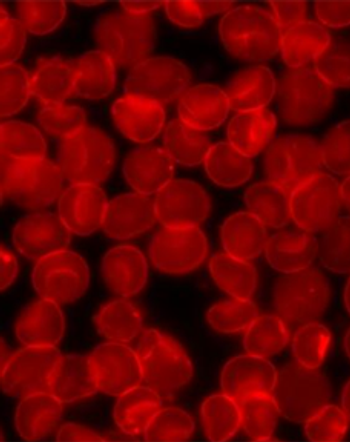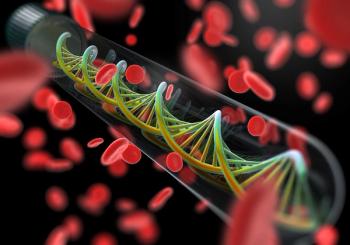
FDA Expands Blinatumomab Approval for ALL to Include MRD
The US Food and Drug Administration has approved blinatumomab (Blincyto) for patients in remission from B-cell precursor ALL with MRD.
The US Food and Drug Administration (FDA) has approved blinatumomab (Blincyto) to treat patients in remission from B-cell precursor acute lymphoblastic leukemia (ALL) with minimal residual disease (MRD). "This is the first FDA-approved treatment for patients with MRD-positive ALL," said Richard Pazdur, MD, in a
Blinatumomab is a BiTE-class (bispecific T-cell engagers) monoclonal antibody. It works by attaching to CD19 protein on leukemia cells and CD3 protein found on certain immune system cells. Bringing these immune cells close to the leukemia cells improves the ability of the immune cells to attack the leukemia cells.
The effectiveness of blinatumomab in MRD-positive ALL was shown during a single-arm trial of 86 patients, all in their first or second remission with detectable MRD in at least 1 out of 1,000 bone marrow cells. Clinical efficacy was based on both the achievement of undetectable MRD using a test that could detect at least 1 cancer cell in 10,000 after 1 cycle of blinatumomab, and the duration of remission. Undetectable MRD was achieved by 70 patients, with more than half of the patients remaining alive and in remission for a minimum of 22.3 months.
Side effects of blinatumomab when used to treat MRD-positive B-cell precursor ALL include infections, fever, headache, infusion-related reactions, low WBC count, febrile neutropenia, and low platelet levels. There is also a risk of adverse reactions in pediatric patients due to the benzyl alcohol preservative used for infusion of blinatumomab. The drug should be prepared with preservative free-saline for use in patients weighing less than 48 pounds.
Newsletter
Stay up to date on recent advances in the multidisciplinary approach to cancer.










































